Sometimes we wonder why inclusiveness needs to be demanded. Can’t it come naturally?
This seems to be the moot question that was raised in the 11th Chennai Pride March, held on June 30th. The walk started at around 3:30 PM from Chitra Theatre and ended with festivities and celebrations, including a flash mob dance. This year also marks the 20th anniversary of the first Pride March which took place in Kolkata in 1999.
There are around 21 types of pride parades that happen annually, all over India and the Chennai Rainbow Pride is one of them which is held in June every year (since 2009).
The parade was held by Orinam, a volunteer-based collective of LGBTIQA+ people, which works to create visibility of alternative sexualities along with other allied organizations. This marks the end of Pride Month in Chennai which covered a host of activities such as book reading sessions, movie screenings, meet-ups and sensitization sessions.
There is no official data on the LGBT population in India, but the government of India submitted figures to the Supreme Court in 2012, according to which, there were about 2.5 million gay people in India. These figures are only based on those individuals who have self-declared their sexuality to the Ministry of Health. The actual figures may be much higher on account of individuals who have concealed their identity, in fear of discrimination.
The LGBTQIA+ community has been facing discrimination on many fronts: from students who are bullied in schools over their sexual orientation to family members who are unable to accept their children’s sexual orientation and as a result, force them into marriages against their wishes. Organisations such as Orinam give a platform to people to voice their concerns over alternative sexual orientation and helps ensure that such people do not suffer from depression or resort to extreme steps such as suicide. The organization is not only helping the victims, but also encourages reporting of incidents for future action.
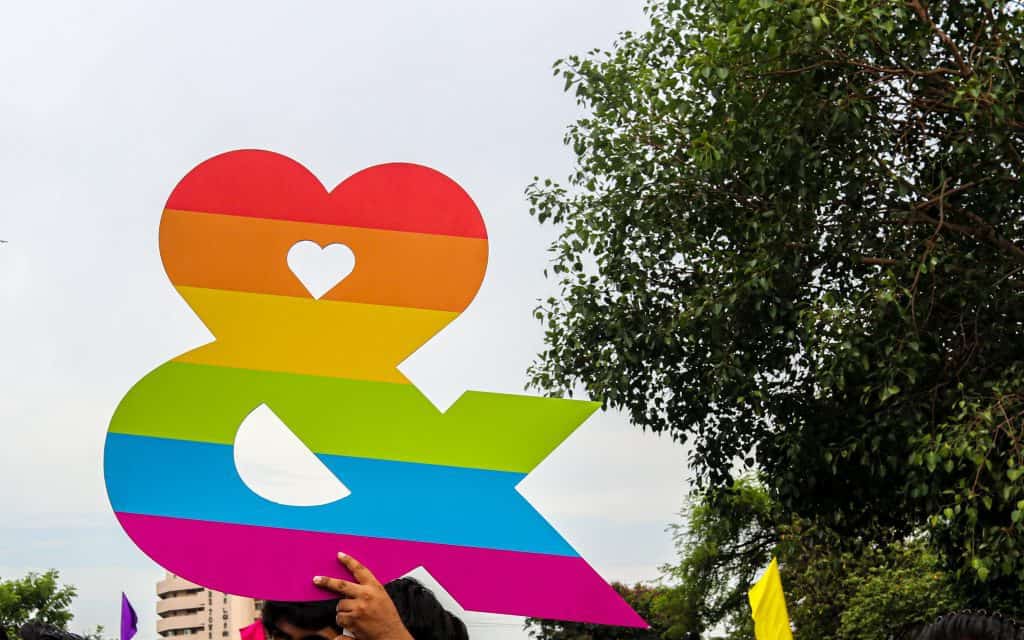
The ampersand symbol represents Gay & Lesbian Alliance Against Defamation (GLAAD), an organization that supports the LGBTQ community. The ‘&’ symbol indicates togetherness, inclusivity and inclusiveness
Apart from celebrating the landmark verdict on Sec 377 that upheld the fundamental rights of LGBTI adults under the Constitution of India, the group sought to ensure that
- All stakeholders from government departments to doctors follow the spirit of the judgment
- An unbiased offering of services such as healthcare, shelters etc are available for the family of LGBTQIA+ communities
- People in power recognise the rights of adults and let them live the way they wish to, and do away with coercion and unsolicited advice.
- Officials comply with various judgements laid out by multiple benches of the judiciary, aimed at affording a life of respect and dignity for LGBTI adults
- End discrimination and criminalisation of members of the community by all stakeholders in society
It was heartening to see the solidarity shown by Chennaites who came out in huge numbers, in support and sharing the same voice as a community. For many, this was their first walk, but the energy was high.
There was support from the corporate sector as well with employees of Bank of America Merrill Lynch marching along with everyone. It was good to see this participation by the city, as most believe that the community is invisible; events such as these and the coverage around it bring discussions out of the closet.
“The child is lucky to have a mother like her who brought her here to witness this walk. The child will grow up to think this is normal and the future generation will be far more accepting than the current” this remark made by a fellow walker about a mother and her daughter pretty much sums up the hope the current generation has from the future.
[All photos by the author]
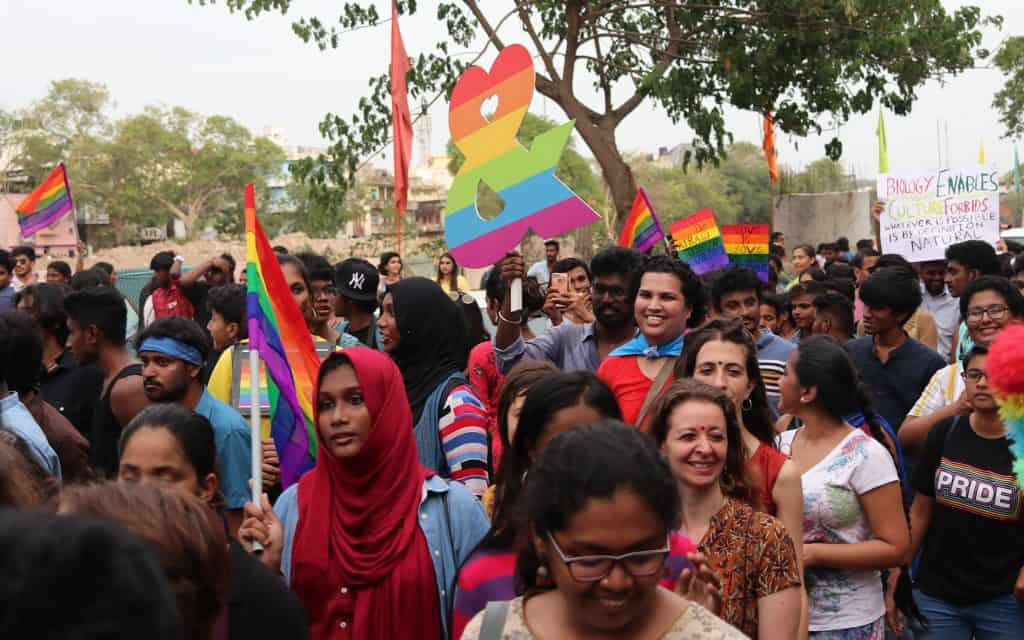
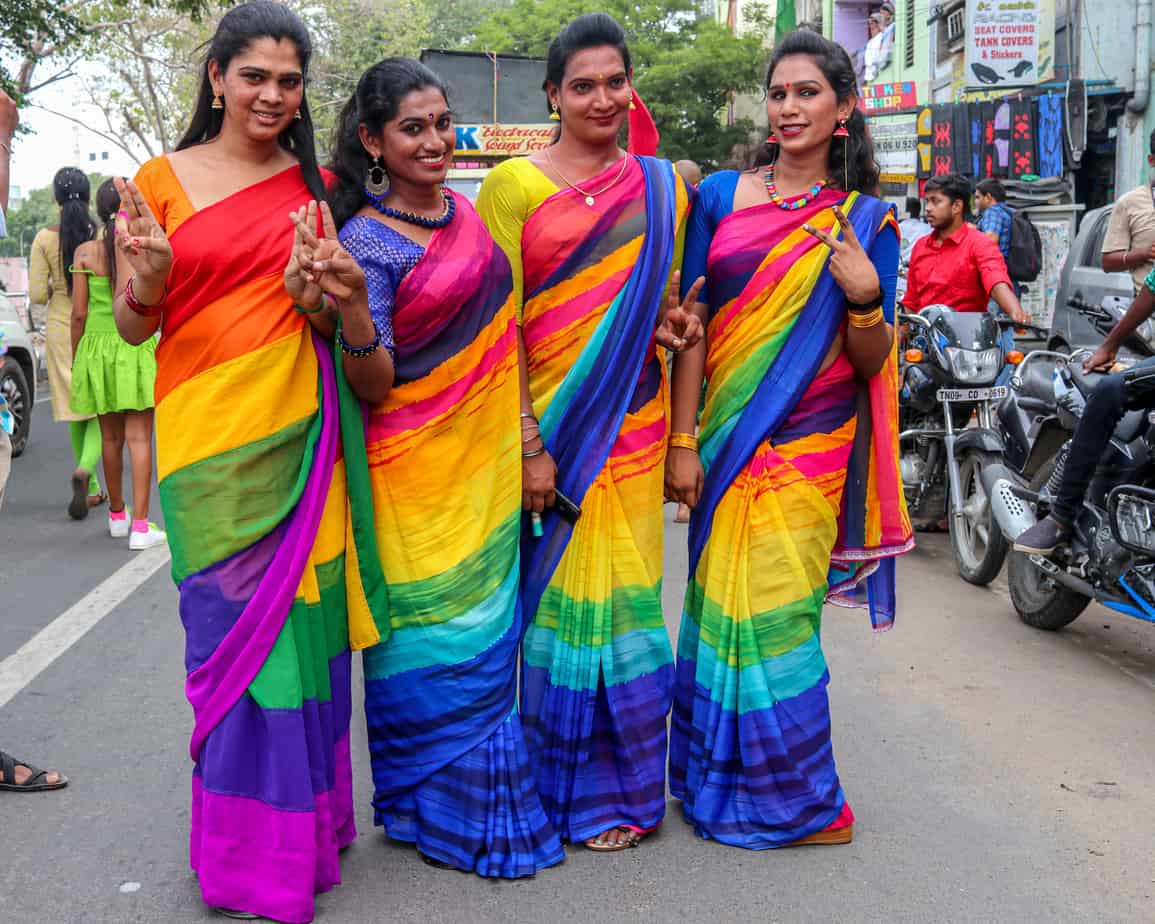
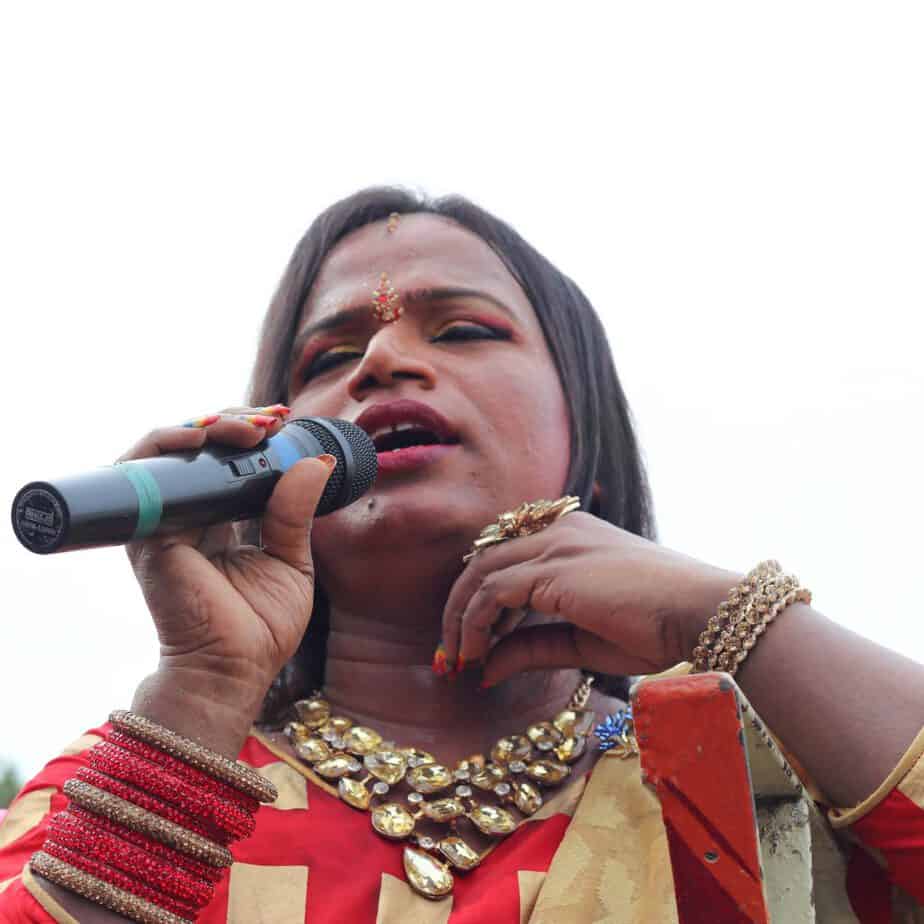
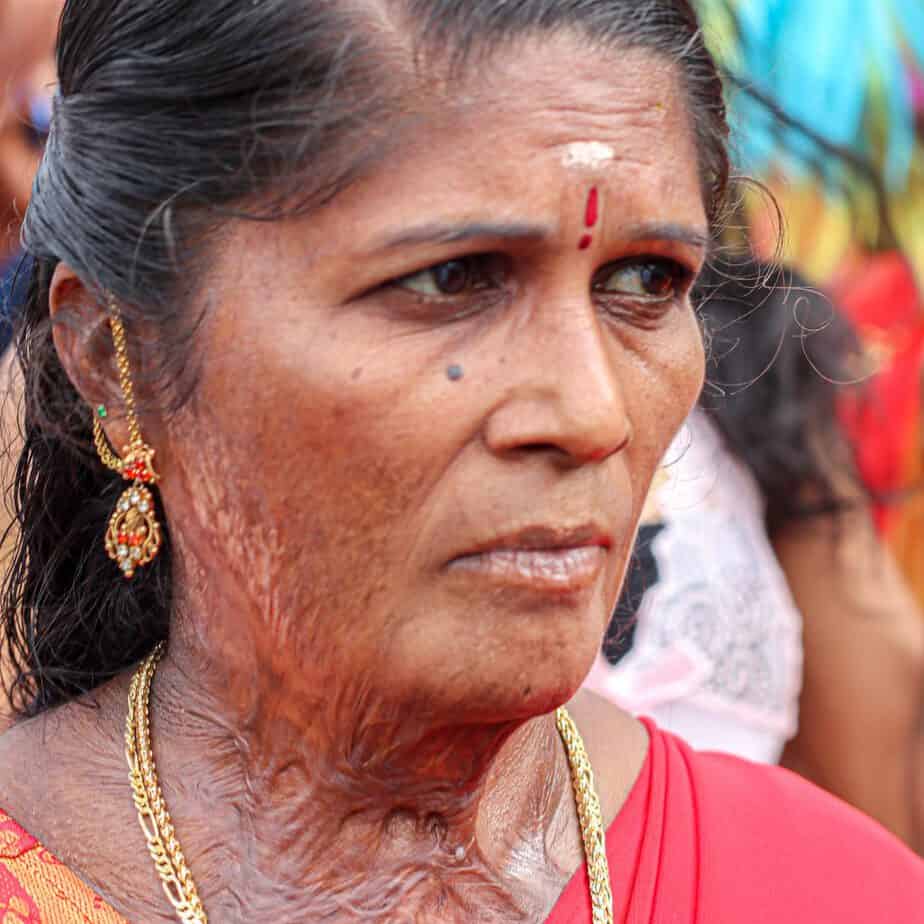
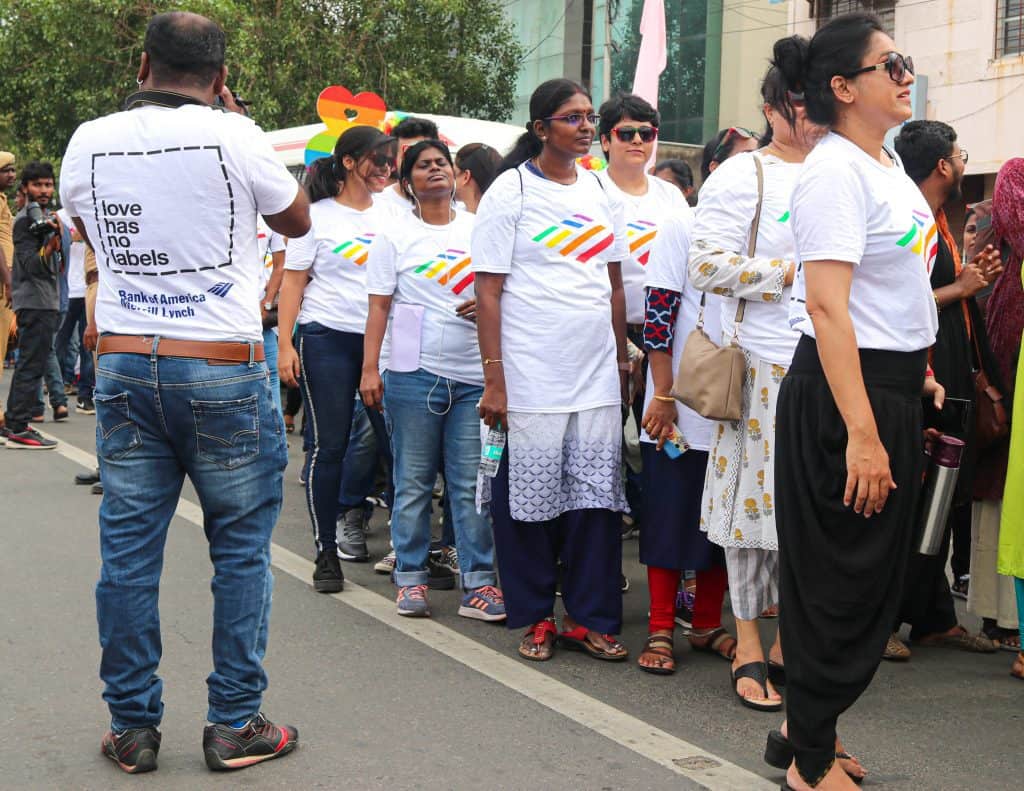
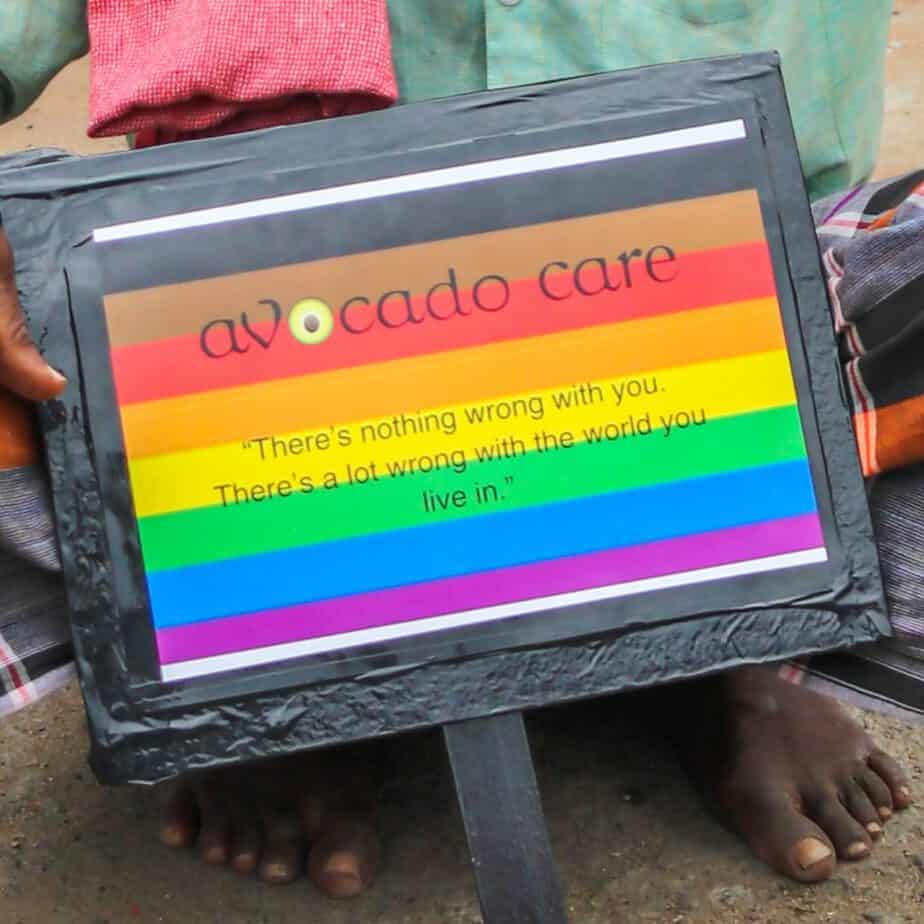
Absolutely agree Mahesh, why doesn’t inclusiveness come naturally. Would love to hear from your desk on extending the relevance of inclusiveness to break caste and religion-based barriers.